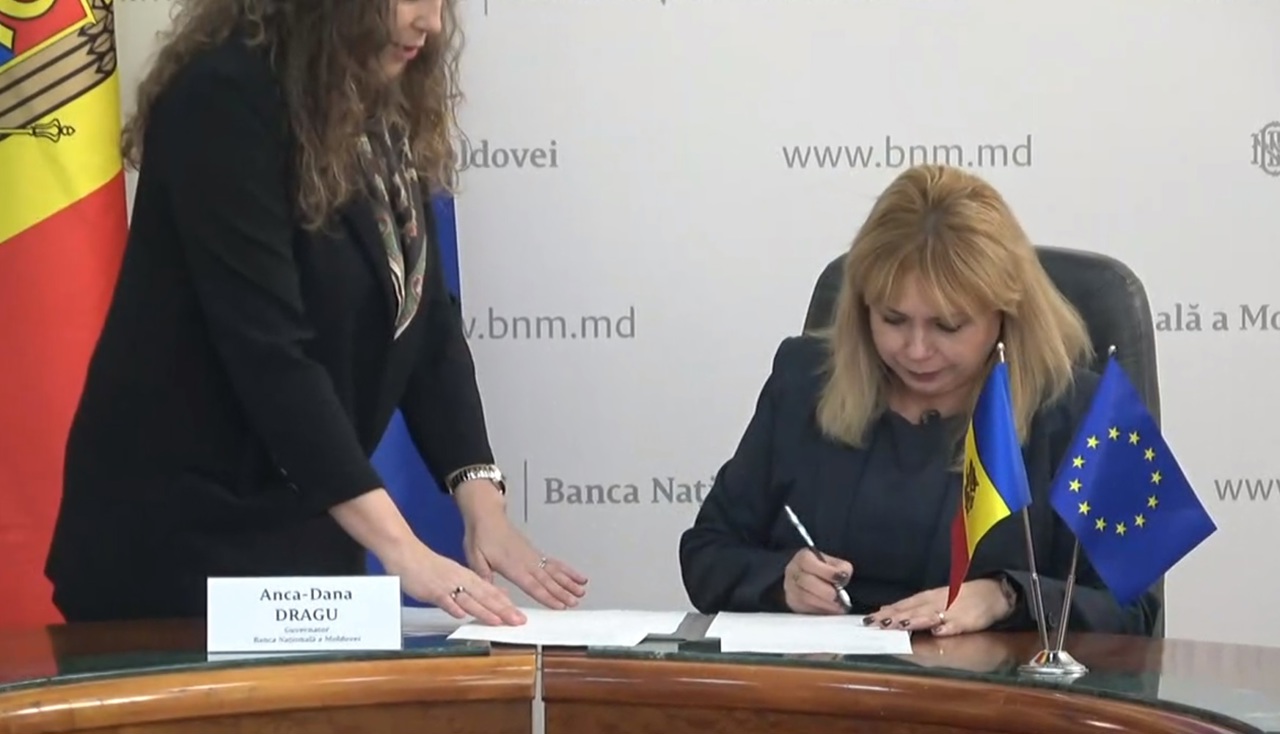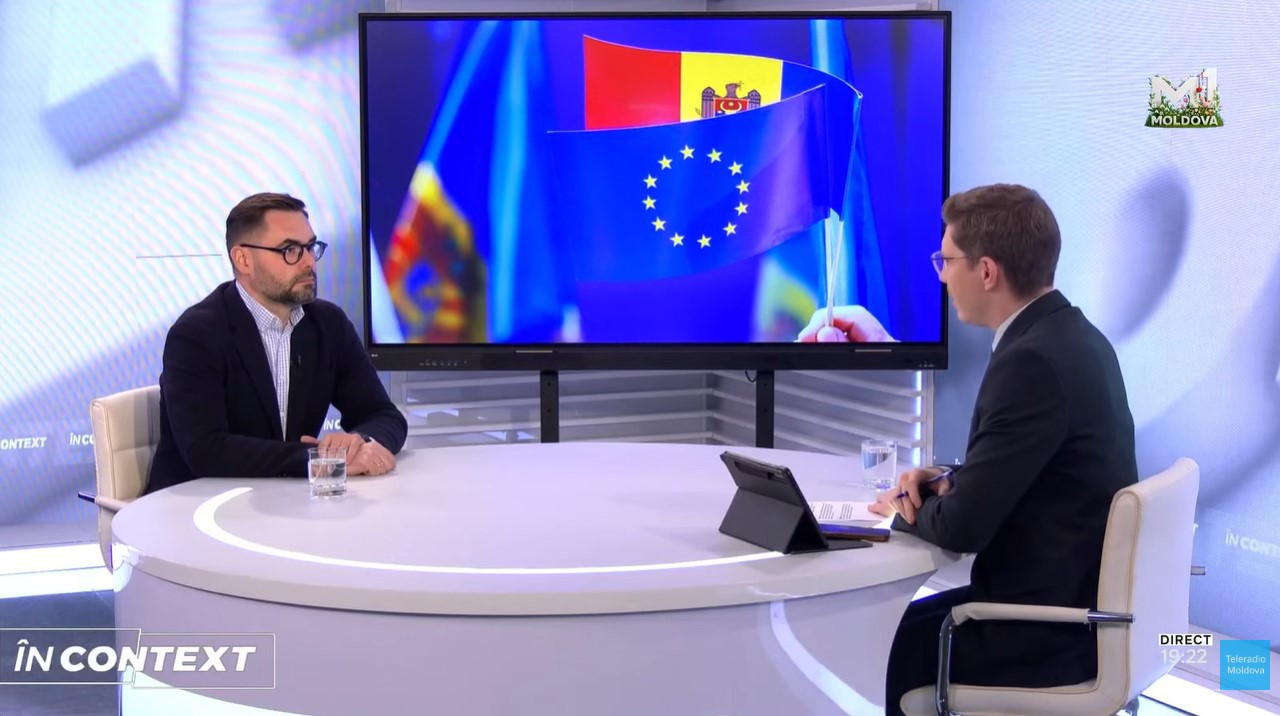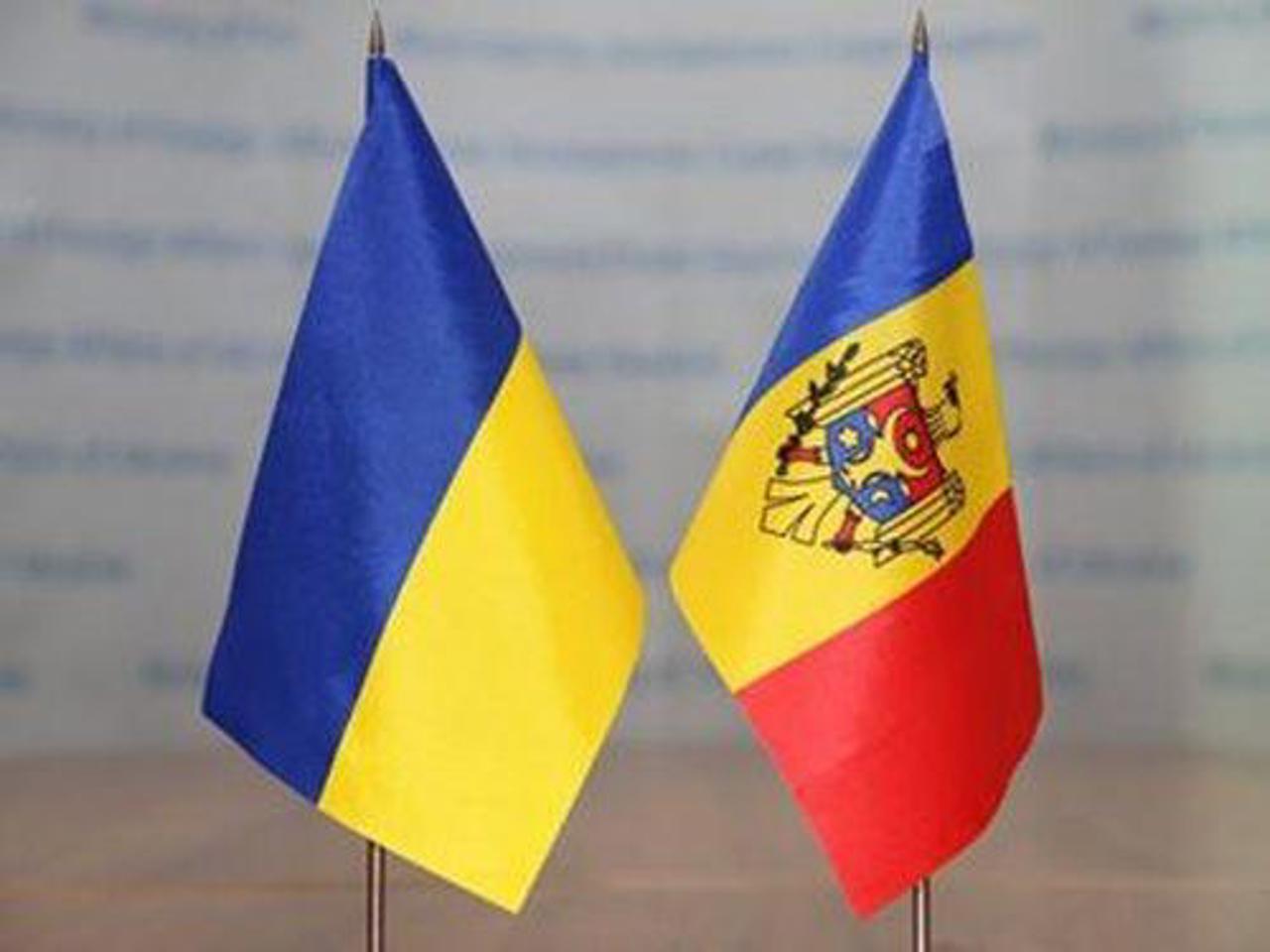The Republic of Moldova signed the application for accession to the Single Euro Payments Area
The Republic of Moldova signed the application for accession to the Single Euro Payments Area (SEPA). This is a clear statement of the desire to be part of the European systems, but also shows our country's commitment to the European path, said the governor of the National Bank of Moldova (NBM), Anca Dragu.

The NBM governor also mentioned that joining SEPA brings more benefits.
"The first would be costs, because it is to the advantage of all participants to have fast, transparent, secure payments, but also at a sustainable price. With this system a payment could be made in about 24 hours, and instead of paying 20, 30 or 50 euros per transaction, we only pay somewhere around 1, 2 or 3 euros. SEPA is a payment system that ensures the efficiency of payments, standardization and transparency of processes, facilitates cross-border transactions and stimulates trade", said Anca Dragu. Accession to SEPA primarily means convenience and speed in making transfers, but also provides a basis for the economic integration of the country in the European Union space, said the president of the Moldovan Banks Association, Dorel Noroc.
"First of all it means convenience, it means that only by entering a bank account identification number the payment can be made. It means speed - if today we are talking about a few days of the transfer and citizens may have uncertainties regarding the costs they are going to bear, with the accession to SEPA it means minimal costs and most importantly fast and safe. By joining SEPA, we offer an important basis for the economic integration of the country in the European Union space and we will exclude any type of barriers in the transfer of money from the Republic of Moldova to the EU countries and vice versa", said Dorel Noroc.
Currently, SEPA includes 34 states in Europe, but also territories located outside the European Union. Conceptually, SEPA represents an area where all payments in euro, including cross-border payments, are treated as national payments, i.e. without any more differentiation between national and cross-border payments.






